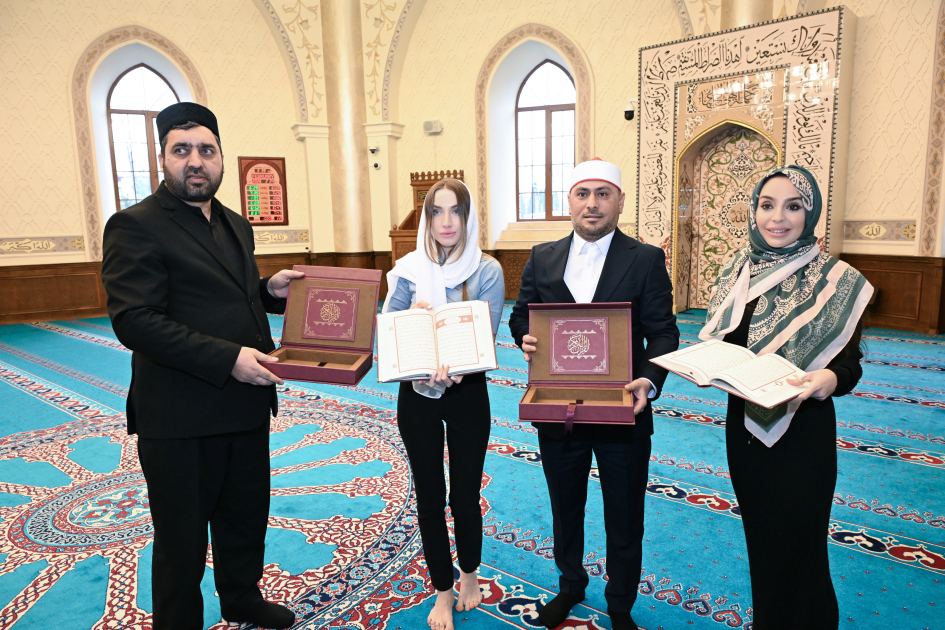Muslims are still considered strangers
Amendments to the Citizenship Act in India, adopted 5 years ago, have come into force. This means that religious minorities - Hindus, Sikhs, Jains, Buddhists and Christians - who used to live in Pakistan, Bangladesh and Afghanistan can easily get Indian citizenship. The problem is that in 2019-2020, Muslims saw this law as discriminatory, leading to deadly communal clashes. To prevent such incidents, the police have deployed additional patrols on the streets in Delhi and other cities with large Muslim populations.
"Reuters" writes that the law provides for the granting of Indian citizenship to representatives of religious communities who came to India from religious persecution before the beginning of 2015 from Muslim-majority South Asian countries. The government was delaying the implementation of the law, fearing that it could lead to new street fights. Human rights and Muslim activists say the law will create an unequal position for the country's 200 million Muslims. In some border states, such as Assam, Muslims themselves immigrated to India without any documents. Now these people fear that they may be deported. The government denies plans to strip anyone of their citizenship and insists that provocateurs were involved in the protests five years ago. The Ministry of Internal Affairs said that no one will be deprived of citizenship.
The government itself does not deny that the coming into force of this law is related to the parliamentary elections to be held in April-May. Prime Minister Narendra Modi's spokesperson pointed out that the ruling Bharatiya Janata Party (BJP) has already included the implementation of the law in its 2019 election manifesto. Polls conducted among the population show that N. Modi will win the parliamentary elections. The main opposition party, the Indian National Congress (INC), said the law would increase tensions between Muslims and Hindus, particularly in Muslim-majority states like Assam and West Bengal. Protests against the law have been held in these states before.
According to TASS, West Bengal Chief Minister Mamata Banerjee said that the ruling BJP party re-enacted the citizenship law to score political points: "But let me be clear - as long as I'm alive, I will not allow it (the implementation of the law - ed.) in Bengal." . The southern state of Kerala, ruled by the Communist Party of India, has not been left out of the controversy. State Chief Minister Pinarayi Vijayan said the government's aim was to increase communal conflict and undermine the secular nature of the constitution.
S. ELAY
XQ



















